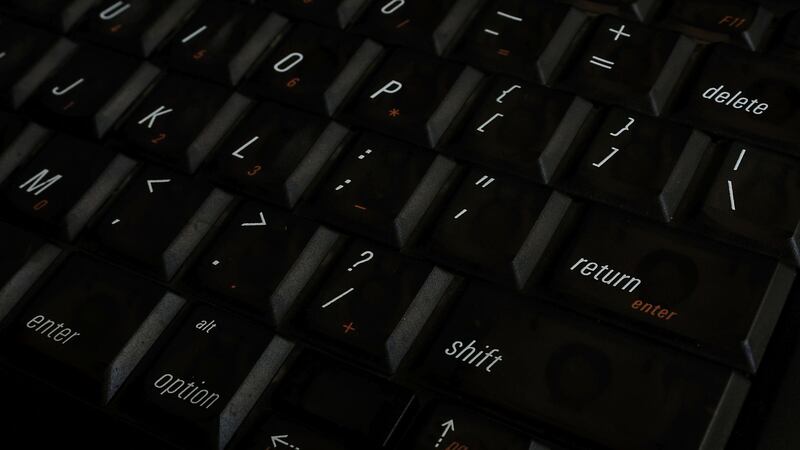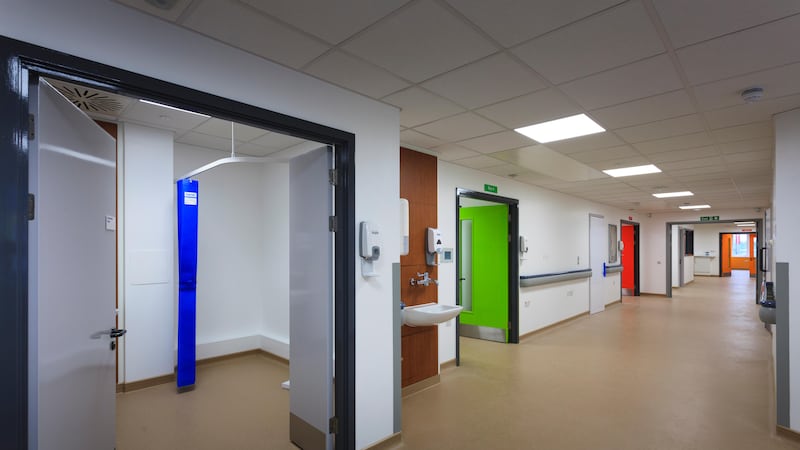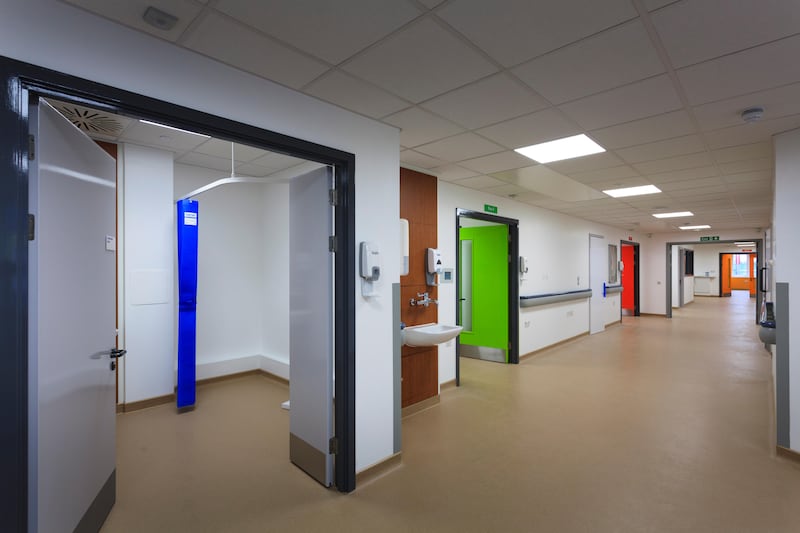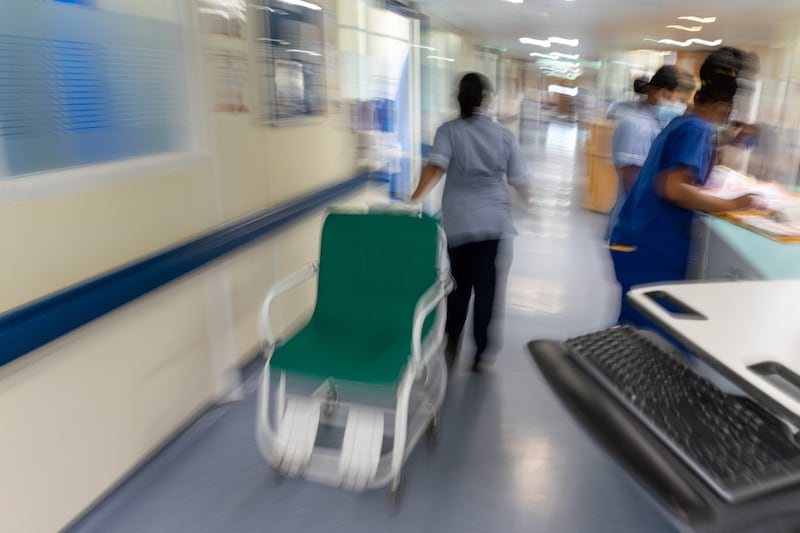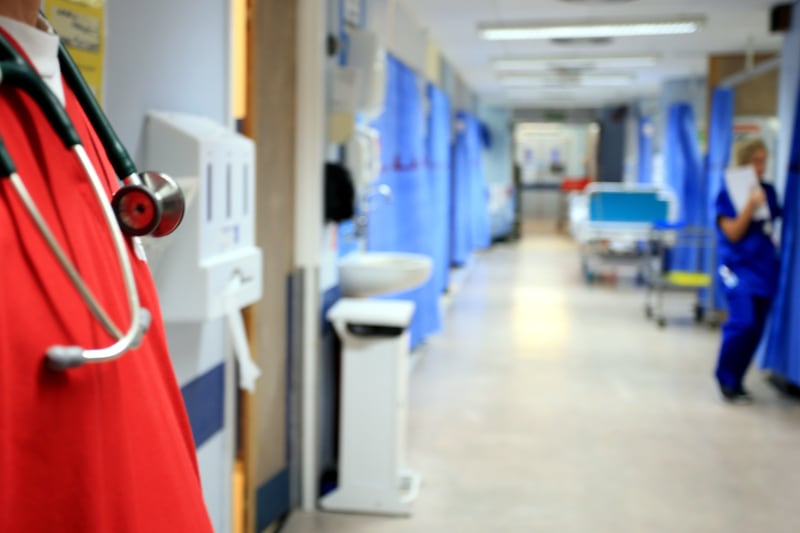Advanced computer models could improve diagnosis and treatment of common diseases by linking patients with a “digital twin”, a study suggests.
The technology could be used to better tailor medicines to individual sufferers by computationally testing thousands of drugs across different cell types before actual treatment takes place.
Currently, medication can be ineffective in many patients with common diseases as they are rarely caused by a single issue or fault.
Instead they depend on complex relationships between thousands of genes across many cell types and can differ between patients with the same diagnosis.
“Our aim is to develop those models into ‘digital twins’ of individual patients’ diseases in order to tailor medication to each patient,” said lead author Professor Mikael Benson, of Linkoping University in Sweden.
He added: “Ideally, each twin will be computationally matched with and treated with thousands of drugs, before actually selecting the best drug to treat the patient.”
The computational disease models are published in the open-access journal Genome Medicine.
Methods for constructing them were finessed using a mouse model of human rheumatoid arthritis.
Scientists used the technique of single-cell RNA sequencing to analyse gene activity in thousands of cells from the sick mouse joints using network analyses.
After the most important cell type was found, it was matched digitally with thousands of medicines, meaning optimal drugs could then be used to treat and cure the mice, said the researchers.
The study also showed it could be possible to use the computer models for diagnosis in humans.
By analysing T cells from patients with 13 diseases, including cancer, cardiovascular and autoimmune diseases, researchers found it was possible to distinguish most of the diseases from each other as well as patients from healthy people.
“Since T cells function as a sort of spy satellite, which is continuously surveying the body to discover and combat disease as early as possible, it may be possible to use this cell type for the early diagnosis of many different diseases,” said Prof Benson.
The study is based on collaboration between an international team of researchers in Sweden, the US, Korea and Spain.
It received funding from the EU, the National Institutes of Health, and the Swedish Cancer Society.
